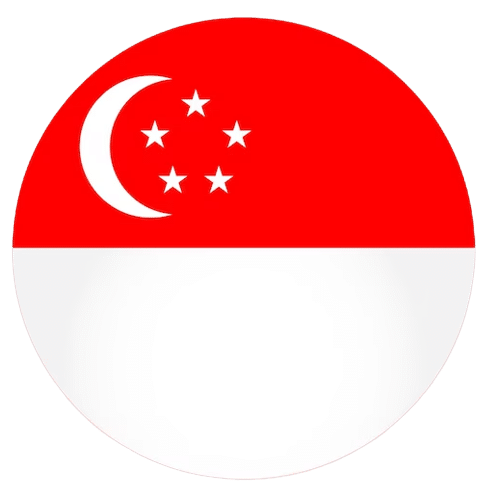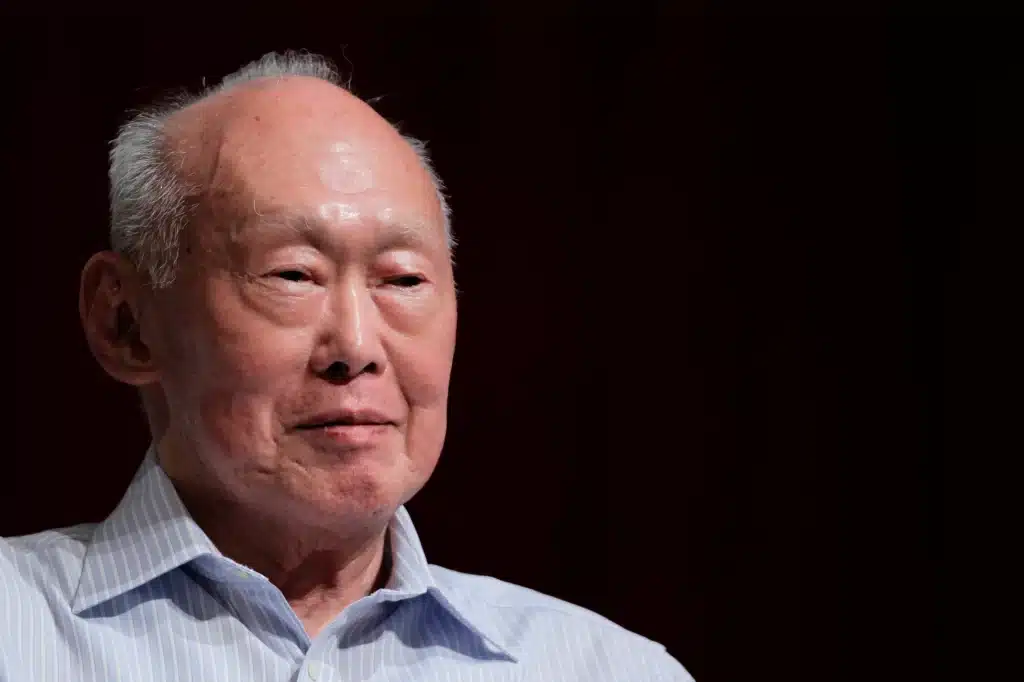Lee Kuan Yew, the first prime minister of Singapore, led the tiny island nation for over three decades from 1959 to 1990. His immense contributions towards transforming Singapore from a struggling third-world country into a first-world economic powerhouse have etched Lee as the chief architect of modern Singapore.
Although Lee Kuan Yew passed away in 2015 at the age of 91, his legacy and nation-building philosophy continue to influence Singapore tremendously today.
This article explores the enduring multi-faceted legacy left by Lee and how it shapes Singapore nearly 60 years after its independence. We’ll examine Lee’s longevity of leadership, key governance principles, policy innovations, and overall vision that still guides Singapore in the 21st century.
While a complex leader not without controversy, Lee Kuan Yew’s foresight and transformative impact on building Singapore into what it is today remains indelible. For Singaporeans, reflecting on his lasting legacy provides insight into their shared future.
Unparalleled Longevity as Prime Minister
- Lee Kuan Yew served as Prime Minister for over 3 decades from 1959 to 1990.
- His long tenure provided both stability and continuity to Singapore’s nation-building journey.
- PM for 31 years until stepping down, but remained politically influential as Senior Minister and Minister Mentor.
- No other Singaporean PM has come close to matching his longevity at the top.
- His lengthy stewardship let policies and institutions take root.
Lee was PM for nearly the entirety of Singapore’s initial independence years, giving him time to shape the country with his vision. Singaporeans today cannot imagine their nation without his foundational influence.
Incorruptibility and Meritocracy
- Insisted on a corruption-free government based on merit rather than connections.
- Transparency, rule of law, accountability pillars of governance philosophy.
- Built a professional, salaried civil service and judiciary resistant to graft.
- Singapore ranks among the least corrupt nations according to Transparency International.
The integrity Lee established remains sacrosanct, ensuring public trust. He helped eradicate corruption plaguing other developing states.
Multiracialism and Secularism
- Lee promoted racial harmony and integration as a key nation-building goal.
- No single race should dominate despite Chinese-majority population.
- English as common language despite vernacular schools.
- Public housing quotas to prevent ethnic enclaves.
- Secular national identity and laws, not an Islamic state.
Singapore’s inter-ethnic peace and inclusive secular national identity reflect Lee’s foresight in crafting a multicultural society from its independence.
Heavy Investment in Infrastructure
- Lee ensured Singapore developed top-notch infrastructure for economic activity.
- Major investment in transportation – port, airports, roads, metro. Also utilities, telecoms, public housing.
- Built Changi Airport as both civilian and military aviation hub.
- Housing programs succeeded in providing majority of population with quality affordable public apartments.
Lee focused intensely on sound infrastructure as the backbone for growth. This pragmatism set Singapore apart from other developing states.
Emphasis on Education, Science and Technology
- Lee prioritized education to develop skilled, adaptive workforce.
- Campaigns to standardize English fluency for global engagement.
- Emphasis on STEM education and R&D to drive innovation.
- Established universities and technical training institutes to build human capital.
- Heavily subsidized education kept schooling affordable and accessible to all.
Forward-looking education policies gave Singapore a competitive edge regionally. Lee saw educated citizenry as Singapore’s only enduring asset.
Pragmatic Economic Management and Planning
- Shrewd economic management and industrial planning guided by state agencies.
- Export-oriented industrialization made Singapore manufacturing exporter.
- As a financial hub, Singapore leveraged geography and reputation for stability.
- Winning investments from MNCs through favorable tax incentives.
- Meticulous national budgeting and orthodox fiscal discipline. Generated enormous reserves today.
Singapore’s economic ascent from third to first world under Lee came from adherence to pragmatic, sustainable growth policies rather than unsound populism.
Authoritarian Means for Collective Ends
- Lee used legally permitted strongman tactics to quell political opposition.
- Justified as unavoidable to unite unruly post-colonial Singaporean society.
- Curbed press freedom, arrested suspected communists without trial during early years.
- Favored society-first over Western-style individual civil liberties.
- Suppressed labor and grassroots activism that could destabilize young nation.
Lee resorted to hardball methods to establish order and security. But critics argued the ends didn’t fully justify the means. This remains a stain on his complex legacy.
Foremost Place in Singaporean Hearts and Minds
- Lee remains cherished by Singaporeans as the nation’s founding father.
- Seen as honorable, erudite and boldly determined leader who resurrected a vulnerable nation.
- His passing triggered tremendous public mourning and celebration of his life.
- Credited with taking an improbable island nation with no resources and few prospects to wealth and stability in a generation.
- Singaporeans trust Lee always acted in the nation’s interest at large.
Through steely dedication, Lee earned an unrivaled place in Singapore’s history and its citizens’ hearts that endures decades on.
Conclusion
Lee Kuan Yew’s complex legacy remains evident in nearly every facet of Singaporean life half a century after independence – from its gleaming infrastructure to harmonious multiracial society to ascension into developed economy status. The nation reflects Lee’s vision, willpower and intellect as founding premier.
By reflecting on Lee’s enduring contributions as modern Singapore’s chief architect, citizens gain insight into overcoming challenges ahead as a united people.
While imperfect like any human, Lee’s unwavering commitment to transforming Singapore inspires hope for the country’s future so long as his principles are harnessed positively.
No statesman anywhere crafted a nation’s destiny more from sheer force of vision and character than Lee Kuan Yew.

Goh Jun Cheng is the chief staff writer for SingaporeAirport.com. Jun Cheng graduated with a degree in journalism from Nanyang Technological University in Singapore.
He has over 5 years of experience writing about aviation, tourism, and lifestyle topics relevant to locals and visitors in Singapore. His articles provide insights into the rich culture, cuisine, and attractions of Singapore. Jun Cheng is an avid traveler who has visited over 15 countries.
When he is not writing or traveling, he enjoys photography, trying new foods, and hiking. As a longtime Singapore resident, Jun Cheng is passionate about sharing hidden gems and perspectives about his home country.




